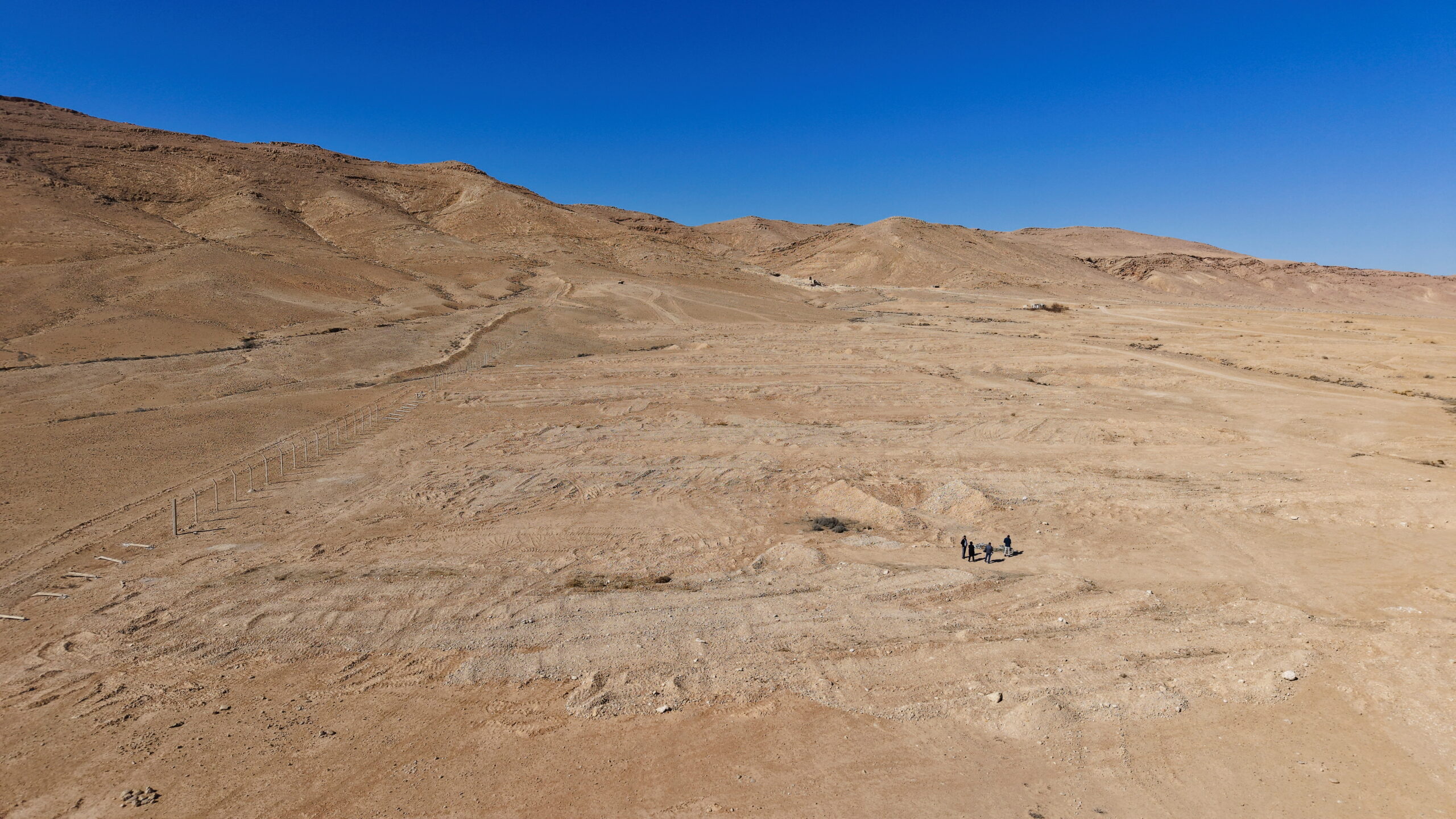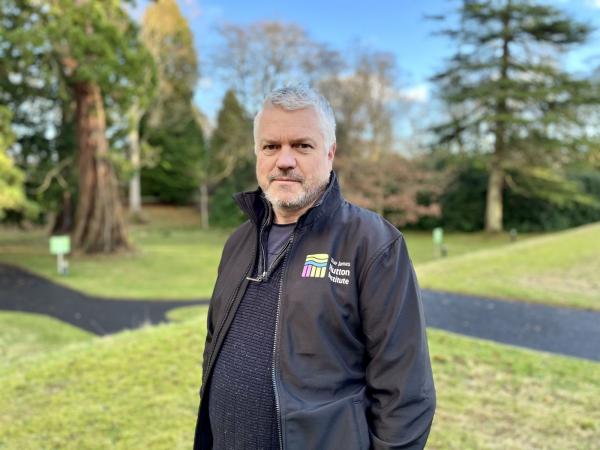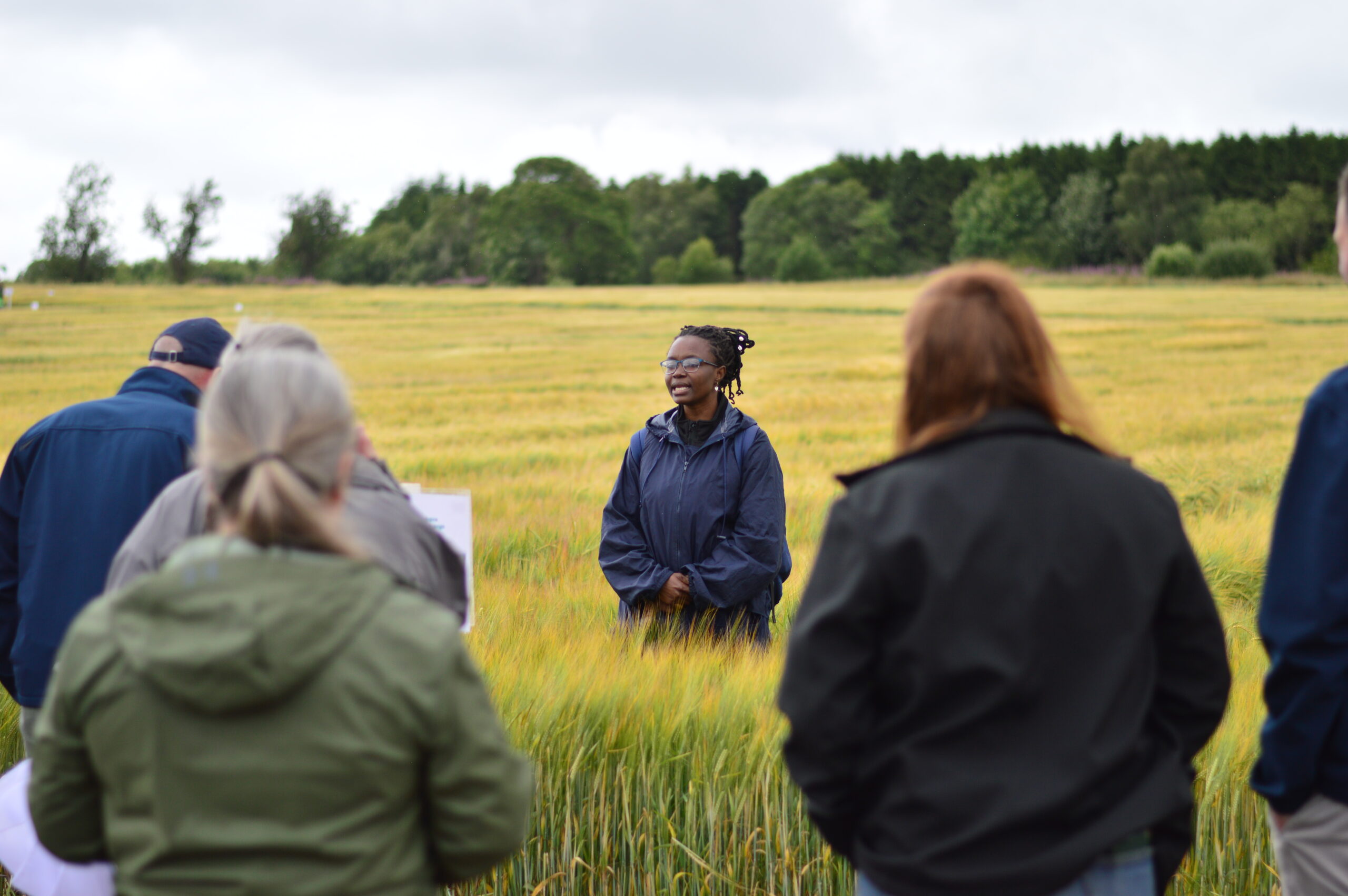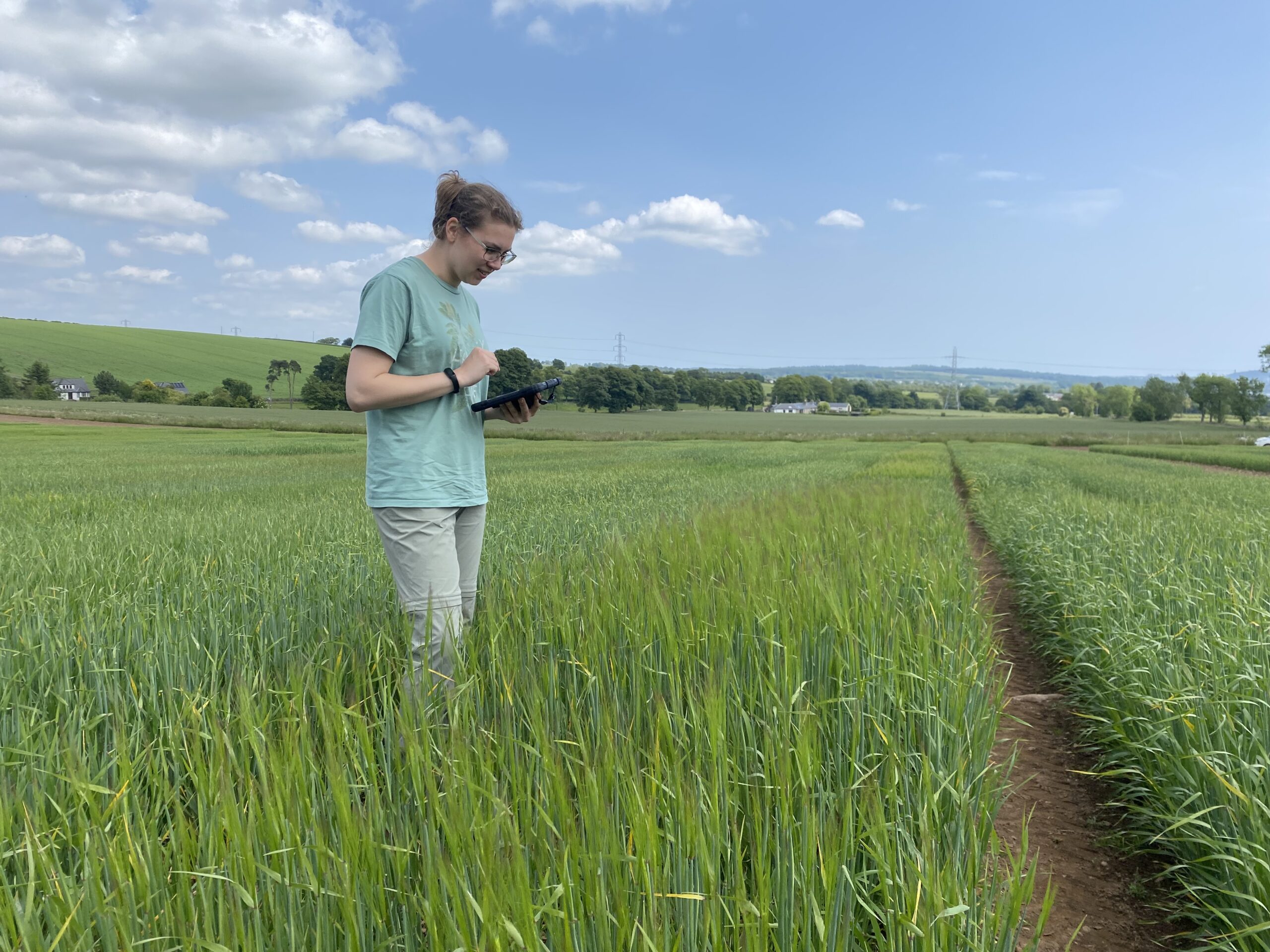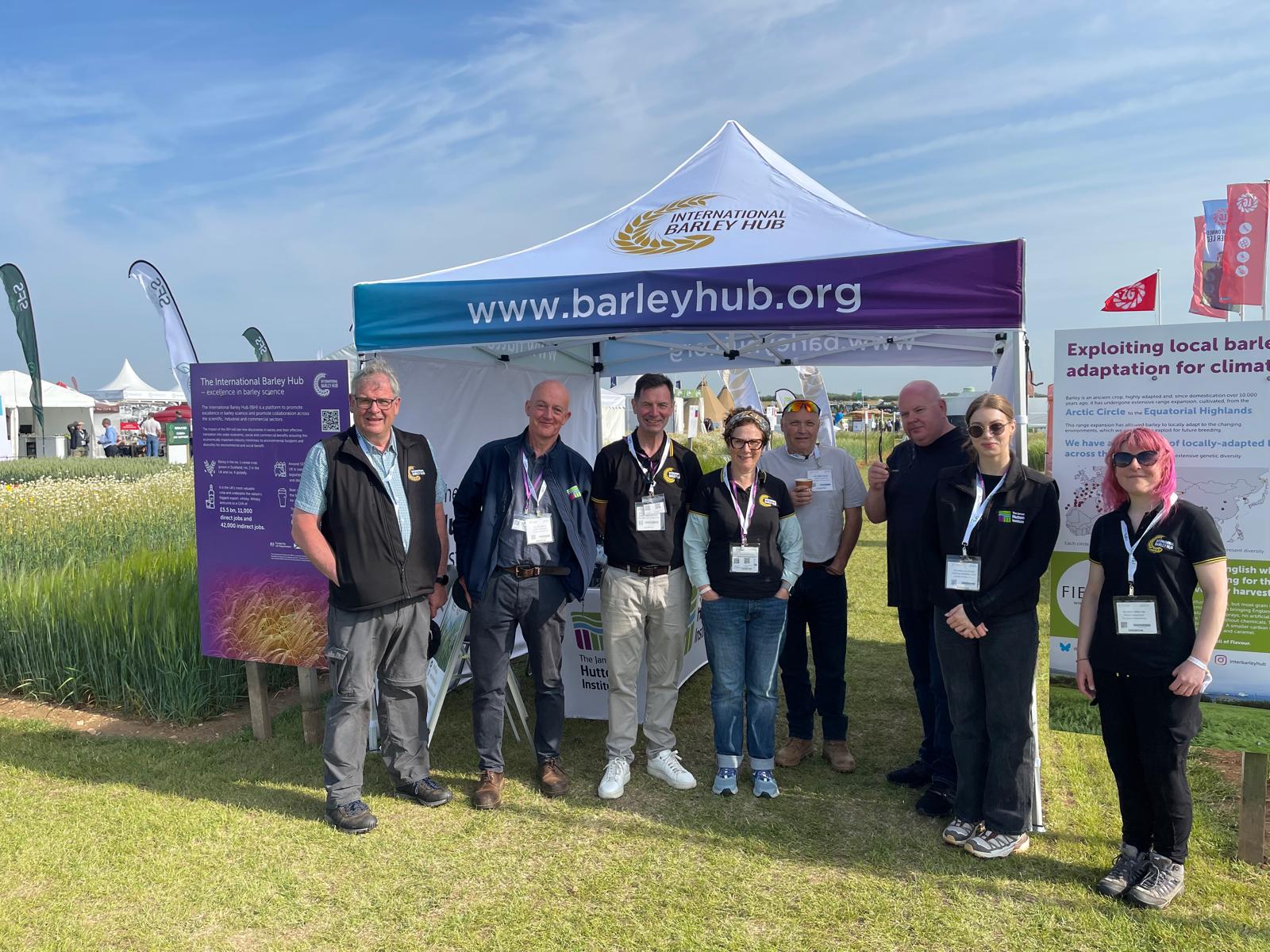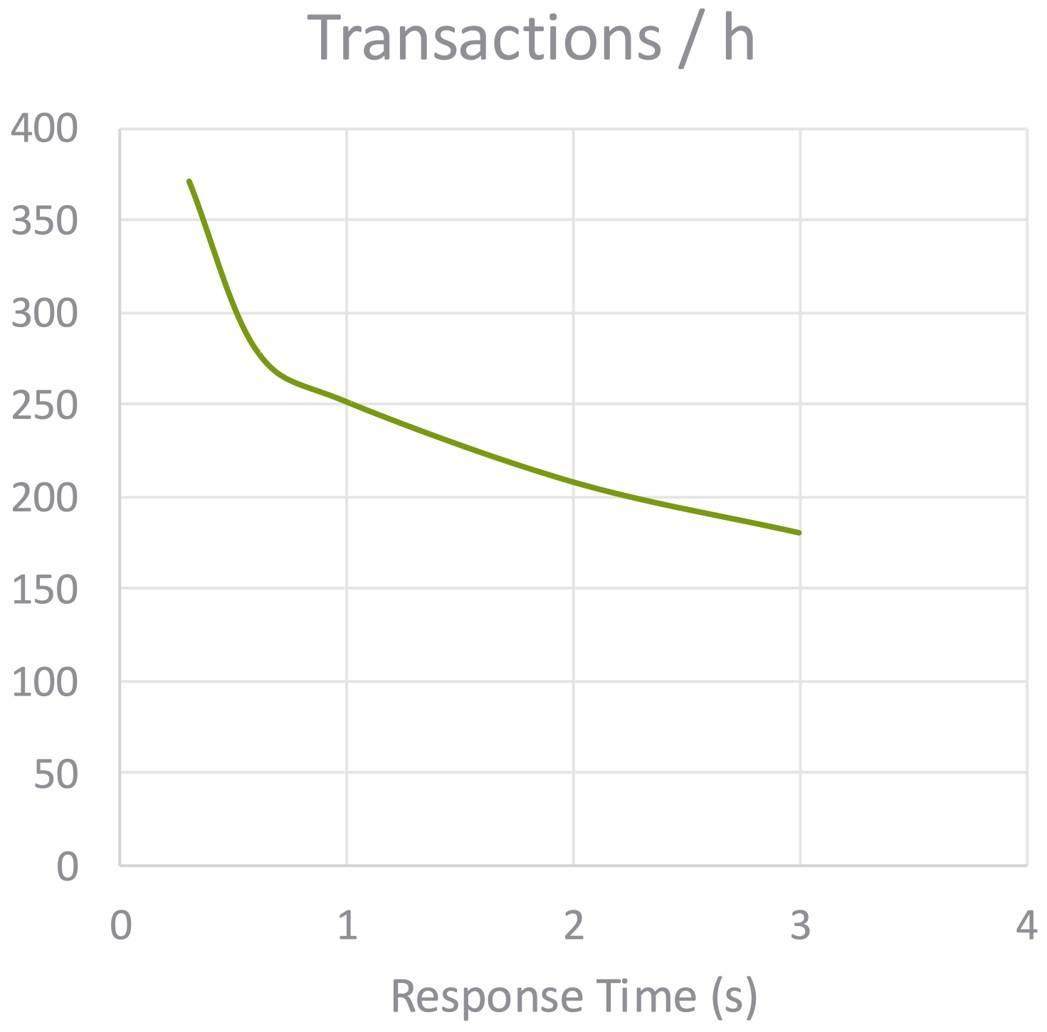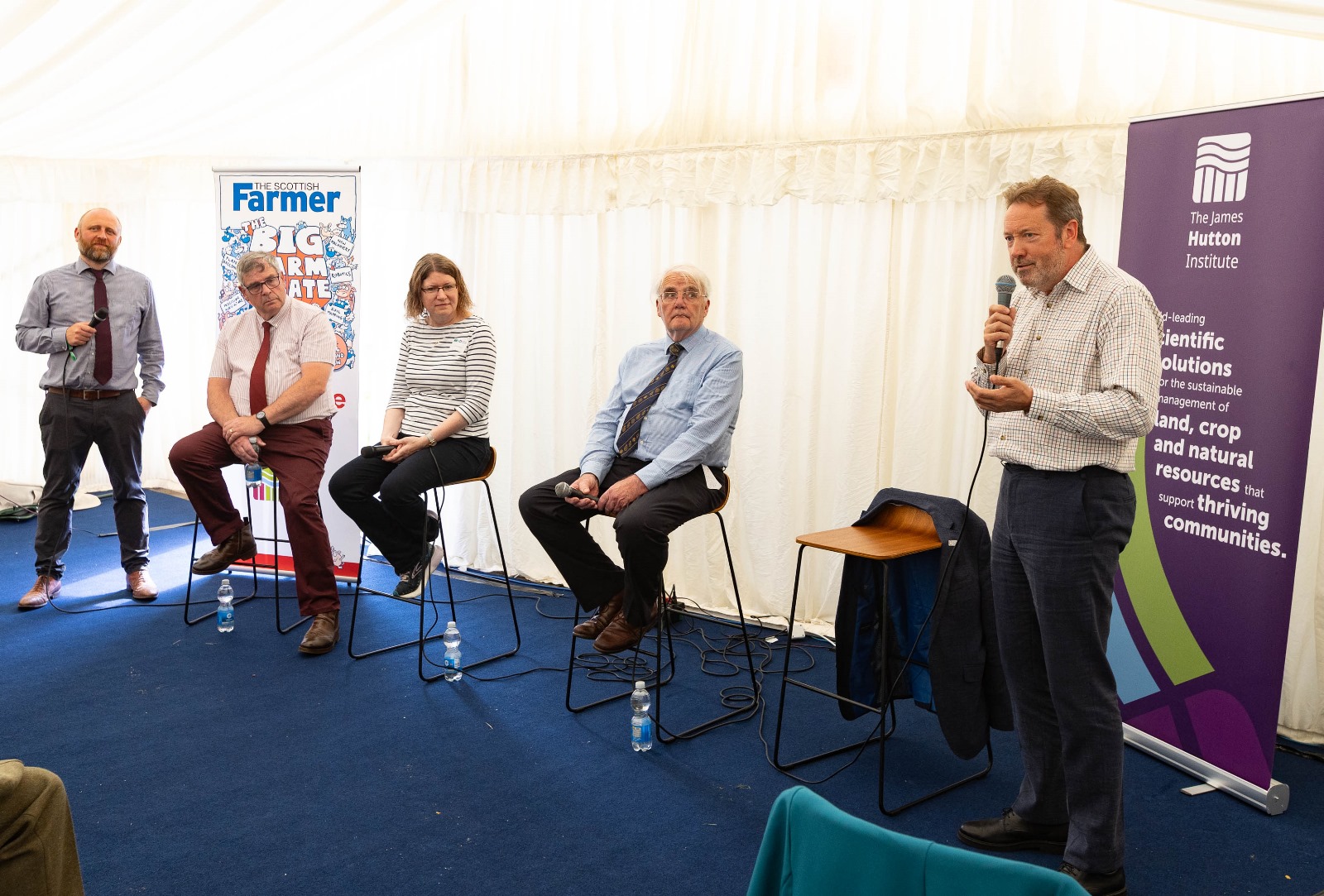Blogs
Our blogs serve as a platform for our experts, researchers, and thought leaders to share their insights, experiences, and discoveries with you. Dive into a diverse range of topics, from sustainable agriculture and climate change to biodiversity conservation and cutting-edge innovations. Through our blog, we aim to bridge the gap between science and the wider community, offering a glimpse into the challenges and successes of our scientists.
You can stay connected with our science by following us on social media, by following us, you’ll get real-time updates on our projects, events, and collaborations. Follow us on X, LinkedIn and Facebook now.
-
How the Hutton’s Centre for Forensic Soil Science contributed to the identification of a mass grave in Syria
Work by Professor Lorna Dawson, a soil scientist at The James Hutton Institute, has helped Reuters identify a mass grave in Syria.
-
Hutton scientist backs Climate Change Committee’s advice to UK Government
A leading climate change scientist from The James Hutton Institute has backed the Climate Change Committee’s advice that the UK Government prepare for at least 2C of warming within just 25 years – but says…
-
UK Fungus Day
UK Fungus Day, the annual celebration of our fungal world, promises to offer something for everyone and invites everyone to
-
Researchers from The James Hutton Institute assess the potential of flax as an industrial crop
As far back as the 1970s we were involved in flax production, a crop that used to be grown widely in Scotland but fell out of favour due to competition from cotton and synthetic fibres.
-
Stepping together – SEGS reflections on the Spring Step Count Challenge 2025
Every year in spring and autumn, Scotland’s national walking and wheeling charity Walking Scotland (formerly Paths for All) operate a national ‘Step Count Challenge’ (SCC) championing everyday walking in and around the workplace.
-
Cereal walk at The James Hutton Institute’s Balruddery farm
The James Hutton Institute held a successful cereal walk, Plotting the Future, this month at Balruddery farm, home to over 5,000 field plots.
-
How the environment and genetics shape the quality of Scottish whisky
We know that whisky is a valuable commodity to Scotland and the wider UK economy. The facts speak for themselves. In 2024 1.4 billion bottles of Scottish whisky were exported, contributing a total of £5.4…
-
Bridging Science and Practice at Cereals 2025
Rachel Reeves’s Spending Review on 11 June 2025 included a commitment to spend up to £750 million on a new supercomputer at Edinburgh University. This is a very welcome change from the announcement in August…
-
Why a £750 million supercomputer at Edinburgh University will enhance our science
Rachel Reeves’s Spending Review on 11 June 2025 included a commitment to spend up to £750 million on a new supercomputer at Edinburgh University. This is a very welcome change from the announcement in August…
-
What has science ever done for farming?
That was the question posed at The Scottish Farmer’s Big Farm Debate on the opening day of the Royal Highland Show, hosted by the magazine’s editor, John Sleigh.
